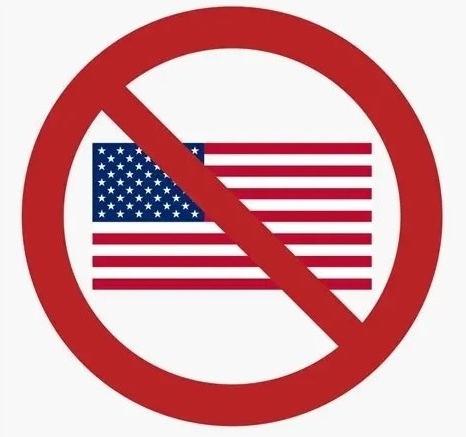Yes, I read your comment. It’s okay if you didn’t understand my comment. Clearly you don’t understand how filesystems and drive mounting works under Linux or the role of desktop environments in managing filesystems, mounting, and permissions. I don’t doubt that you’re genuinely struggling here, but there is no call for that kind of hostility. You might have some hope for figuring it out if you open your mind to the fact that you don’t fully understand what your problem is.
Steam expects the games to be in a particular place with a particular set of permissions and ownership relative to the user(s) and/or group(s) expected to use those game files. I’m telling that Linux doesn’t care where those files physically reside. You can tell Steam that those files are exactly where Steam expects them to be at the filesystem level, without messing with Steam configs, nautilus, gnome, or KDE. There are several ways to do this, but without understanding the requirements of your machine no one here will be able to give you effective advice.
I’ve seen some other comments from you about running something or other as root or just blanket chmods to 777 and I can tell you from experience that those are rarely effective solutions and can sometimes make things worse (just try something like that when configuring ssh configs, keys, and permissions).










I used to think coconut water tasted a little funny (odd mix of sweet, earthy, and umami, not like the coconut flesh at all). Then one day after a particularly long hot hike, I tried it again. I’d been hiking through a natural area that had lots of coconut palms. Crews had been clearing out some invasive species. This is relevant because they’d been using the same trails and had cut open and presumably drunk the water from dozens of coconuts along the way as they worked. These guys must know something I didn’t, so I looked into coconut water as a drink because I’d never heard of such a thing at the time.
Anyway, this is all to say that I gave coconut water a second chance when my body really needed it and although it tasted exactly as I remembered it I suddenly found that it tasted fucking amazing. I’ve been a convert since then. I used to drink Gatorade, but now Gatorade just tastes salty, like Kool-aid made with ball sweat by comparison.